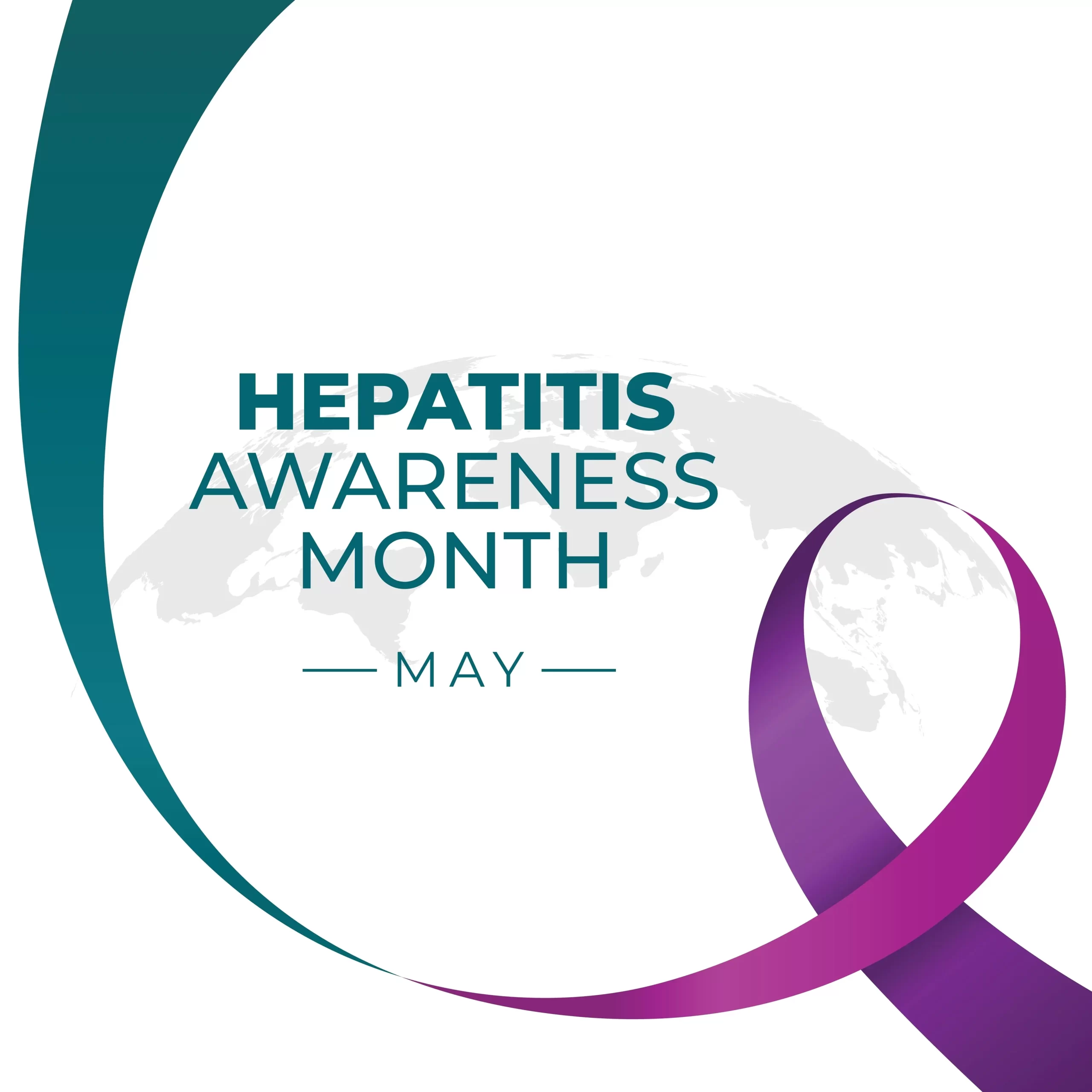Each May, Hepatitis Awareness Month brings vital attention to the silent, but serious impact of viral hepatitis on millions of Americans. While hepatitis may not always make headlines, it is one of the leading causes of liver disease and in many cases, it progresses quietly, without obvious symptoms.
At Granite State Gastroenterology, we’re using this month to help our community better understand the different types of hepatitis, how they affect your liver, and why early detection and prevention are so important.
What Is Hepatitis?
Hepatitis refers to inflammation of the liver, most commonly caused by a viral infection. Your liver plays a central role in filtering toxins, aiding digestion, and managing your body’s chemical balance so when it’s inflamed, it can affect your entire system.
There are five known types of viral hepatitis (A through E), but in the U.S., the most common are hepatitis A, B, and C.
Hepatitis A
● Spread through contaminated food or water, or close contact with an infected person
● Often short-term and doesn’t lead to chronic liver disease
● Preventable with a safe and effective vaccine
Hepatitis B
● Transmitted through blood, semen, or other bodily fluids
● Can lead to chronic infection, liver damage, cirrhosis, or liver cancer
● Preventable with a vaccine, but millions remain undiagnosed
Hepatitis C
● Primarily spread through blood-to-blood contact (often via shared needles or unscreened blood transfusions prior to 1992)
● Most common cause of chronic hepatitis in the U.S.
● No vaccine is available, but oral antiviral treatments can now cure over 95% of cases
Why Hepatitis Is Often Called a “Silent Disease”
One of the biggest challenges with hepatitis, especially hepatitis B and C, is that many people show no symptoms for years. During this time, the virus can still cause serious liver damage, even progressing to cirrhosis (scarring of the liver), liver failure, or liver cancer.
This is why screening is so important, especially if you:
● Were born between 1945 and 1965 (higher risk for hepatitis C)
● Have ever injected drugs or shared needles
● Have had unprotected sex or multiple partners
● Live with or are close to someone with hepatitis B or C
● Received blood products before 1992
● Are a healthcare worker exposed to blood
How You Can Protect Yourself
1. Get Vaccinated
Vaccines for hepatitis A and B are safe, effective, and widely available. If you’re unsure about your vaccination status, talk to your provider.
2. Practice Safe Habits
Avoid sharing personal items like razors or toothbrushes, use protection during sex, and be cautious with tattoos or piercings in unregulated environments.
3. Get Tested
If you fall into a higher-risk group or have never been tested, a simple blood test can tell you if you’ve been exposed to hepatitis B or C.
4. Know Your Liver Health
Regular checkups with a gastroenterologist can help monitor your liver function and catch issues early before they become serious.
The Role of a Gastroenterologist
At Granite State Gastroenterology, we specialize in managing liver-related conditions, including hepatitis B, C, and non-viral causes of liver inflammation. If you’ve tested positive for hepatitis or are living with chronic liver disease, our team can provide treatment plans, lifestyle guidance, and ongoing care to protect your long-term health.
Let May Be the Month You Take Action
Hepatitis is preventable, treatable and in many cases, curable. But awareness is the first step. If you’ve never been screened or have concerns about your liver health, let this month be your reason to take action.
Your liver works hard for you, make sure you’re doing your part to protect it.
Schedule an appointment with Granite State Gastroenterology today to learn more about hepatitis testing, prevention, and treatment.

